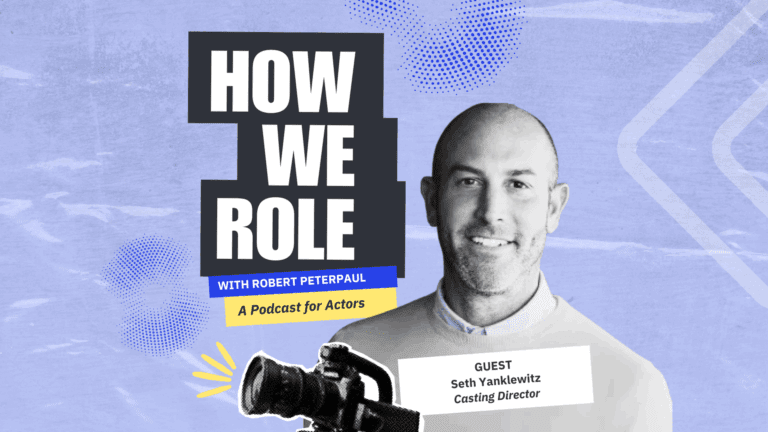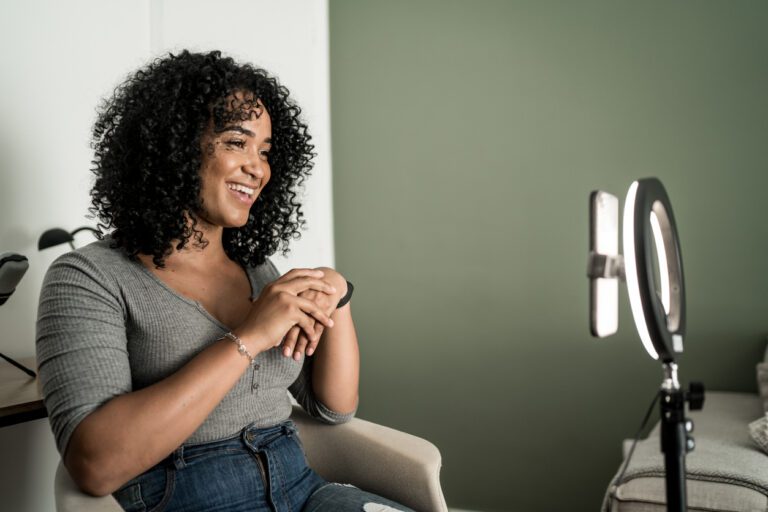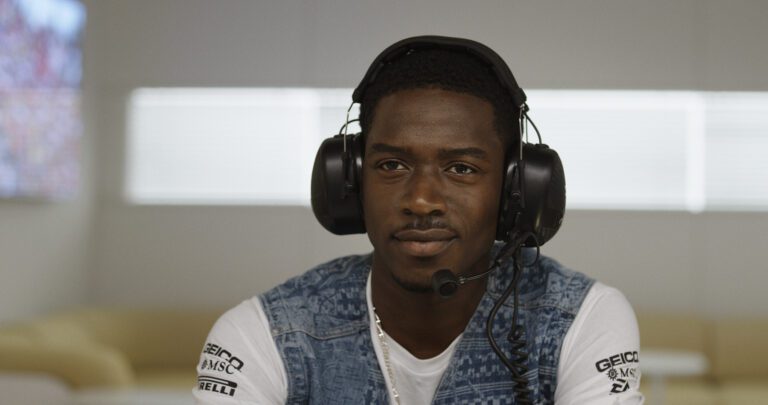Heather Basten is a rarity. One of the U.K.’s most versatile casting directors, she does it all, and then some. The famed opening film for the Sphere in Las Vegas? The one directed by Darren Aronofsky? Basten cast that, bringing in more than 100 cast members in what she describes as an “immersive” experience.
Basten casts theater productions, including for the legendary Young Vic, she continues to cast commercials, and then of course there are the movies and TV shows.
Basten also has two major releases hitting American theaters this fall, both horror movies. The first, Speak No Evil, starring James McAvoy, comes out on September 13, while House of Spoils comes three weeks later, on October 3. She spoke to us from her home in London.
How did you get into casting?
I used to work at the BFI here, and I was organizing a casting masterclass for their cohort of emerging directors. I ended up meeting and interviewing loads of casting directors. I had gone to drama school, I’d done the academic course and I had always surrounded myself with actors, even though I never acted myself.
I was always interested in the process and the facilitation of acting, so it felt like a no-brainer when a casting director offered me a job as a casting assistant on a show that he had just landed for NBC, A.D. That was over a decade ago, and it’s been my work ever since. It’s been an amazing journey, and I pretty much learned on the job.
Was there a moment when you looked around and said, “oh, wow, I found my calling”?
I think it was the first time I watched my contribution on screen. As you know, it takes a while, a year or two, but I loved the process so much. But, when I saw the fruits of my labor, I was no longer the person who was sitting there on my phone after watching something, Googling who they were. I was part of that process. I was part of the journey. I knew how they got there, and it was amazing to see that after all those months and months of hard work.
How long did you work in the field before you set off on your own?
I spent about three years as a casting assistant for various people. I worked for Jeremy Zimmerman, I worked for Des Hamilton, a few different casting directors and they all have different methods.
I started up my own company about five years ago, taking everything that I learned and putting my spin on how I want to operate and how I want to meet actors and everything. It was so important for me to learn the craft of casting, so I took time with it. Now, I have a team. There are four of us. We have a screen department, we have a theater department, we have a commercials department. We pretty much cast everything and anything. I feel like I’ve touched every aspect of casting that there is to touch.
Were there particular things you learned from other casting directors that you did and didn’t want to include in your practice?
This sounds silly, but how do staple sides properly? There is right a way of doing it! (Laughs) When you’re an assistant, you complain about it, but now that I’m running my own business, these micro, tiny things matter. Also, I learned a lot from some of these casting directors, the ethics behind casting and how to ensure that you stay empathetic and considerate towards the actors, always putting yourselves in their shoes. Our job is working with humans, and it’s important to make people feel valued.
I’m fascinated by your work in both film and theater because I think that’s pretty rare. What was behind the decision to keep a foot in the theatrical world?
It’s only recently, in the last three, or four years, that I have put my foot into the theater world. So rather than keeping my foot in the theater world, my foot has entered the theater world. (Laughs) I fell into theater casting sort of by chance, when I was asked to step in for a show. I think the opening line of the email was, “I know you don’t cast theater, but …”
The reason I feel it’s important for me to stay in casting theater is because there is a real lack of casting directors of color who cast in theater. In the UK, there’s not a lot of us, so I just think for visibility, I need to stay in this area. Also, I love theater.
I would think it might give you an advantage, too, seeing these actors as they’re up and coming and working on stage, before they start working in film and TV.
There’s been an amazing opportunity, and I do that on both sides. There are screen actors who want to do theater, and I’ve brought them in and worked on technique, to transition those skills, and the other way around, as well.
Sometimes directors are surprised by the people I’m bringing in because they are new to the screen world or the theater world. They seem like fresh faces, but actually, they’ve been around for ages. They’ve just found themselves operating in one area.
You’ve got a fun double of having two films coming out within a few weeks of each other, both of them horror flicks. You work in that genre a lot. Is that by choice?
I’ve cast three films for Blumhouse, and we have a wonderful relationship. There are horror directors who have seen my work, and we’ve ended up wanting to work together. I am led by the script, so if there’s a script that I love, I go with it.
A lot of my horrors tend to be psychological horrors, but I’ve cast just as many rom-coms. (Laughs) I am script-led, rather than genre, which I think is important. It keeps my work feeling fresh and exciting for me.
What piece of advice or wisdom would you give to someone coming in to audition for you?
Never leave the scene the way that you entered it. Keeps it interesting.
Thinking about joining Casting Networks? Sign up for a free trial today!
You may also like:













